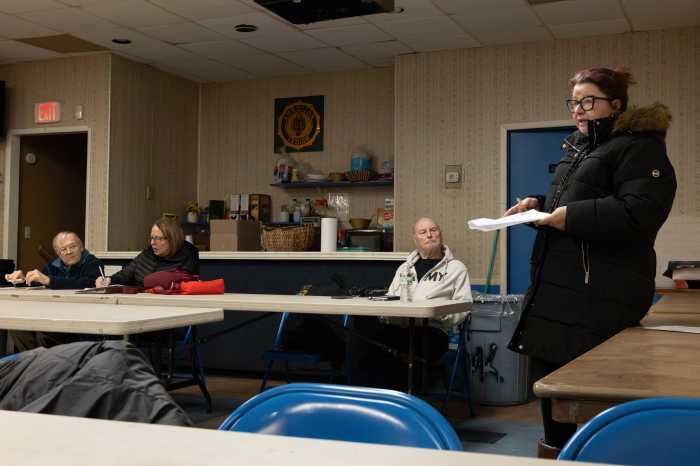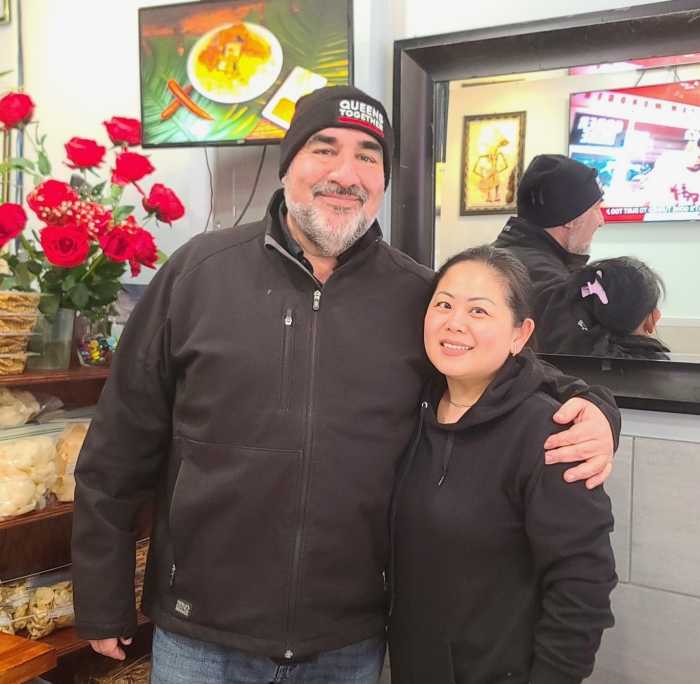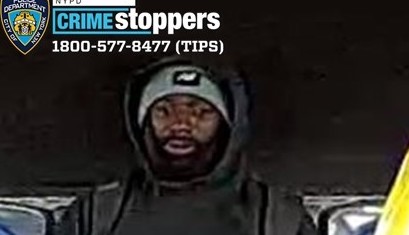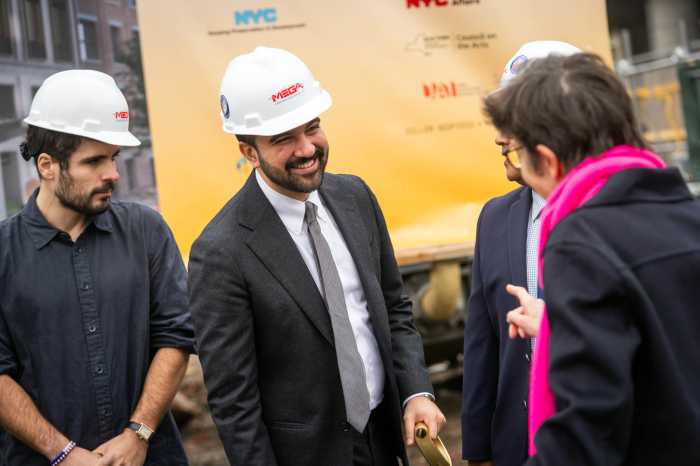By Sadef Ali Kully
A second home for juvenile offenders currently under construction in South Ozone Park as part of the statewide Close to Home initiative has alarmed residents.
Dozens of South Ozone Park residents gathered Tuesday night at a town-hall meeting held at the Saint Anthony of Padua Church with community advocate and attorney, Natraj Bhushan, to learn about legal options and express their concerns.
The meeting was hosted by Councilman Ruben Wills (D-Jamaica) office and the South Ozone Park Civic Association West.
“I definitely do not want this up. We are looking to buy a home here soon because we have family here. For myself I don’t mind it so much, but when you have kids, it’s a different scenario,” said Ravina Sukhra, who often visits her family living in the area.
The home occupies two to three lots on 133rd Avenue and 127th Street.
Under the Cuomo administration, the Close To Home Initiative began across the state in 2012. It is a juvenile justice reform program to help non-violent offenders transition into productive adults. It has two phases: the first is the placement of non-violent youth offenders in non-secure homes and the second is the placement of youth with behavioral issues in limited secure residential homes.
“We provide a higher-level of security while still letting youth offenders become a part of the communities around them within a therapeutic setting,” said Mohan Sivaloganathan, the chief development officer for Episcopal Social Services, the nonprofit which will be providing the on-site services for the new home.
Episcopal Social Services has 40 facilities across the city.
“I am standing with my community and opposing this project,” Will said. “Our community is already inundated with these types of programs. We are just not going to be a dumping ground for anyone.”
Most residents thought the idea of a juvenile reform home was completely unwelcome and it would have a devastating effect on the future of their properties.
“It’s a residential neighborhood. On top of it, there could be more crime in the neighborhood. These homes are supposed to be our assets. People are concerned about their property and its value,” said David Alfred, a South Ozone Park resident.
Only a couple of blocks away from the new juvenile facility is a home for non-violent youth offenders constructed in 2012, but many residents did not even know it existed.
“We currently serve six young people at the site. [They] are supervised by staff and accompanied everywhere they go. They attend school in the community and participate in structured activities designed to help them get their lives back on track with an emphasis on education and reconnecting with family,” said Sharman Stein, spokeswoman at SCO Family of Services, the non-profit which has operated the residence for two years.
Stein said the average length of stay is six months. Out of the 32 young people admitted to this residence since September 2012, 17 young people have been successfully sent back to their own families.
The state Office of Family and Children Services must approve all plans for these juvenile homes in consultation with the state Office of Mental Health and the Office for Alcohol and Substance Abuse Services. The Family Court determines whether youthful offenders should be sent to juvenile detention or sent to a residential facility.
Reach Reporter Sadef Ali Kully by e-mail at skully@cnglocal.com or by phone at (718) 260–4546.































